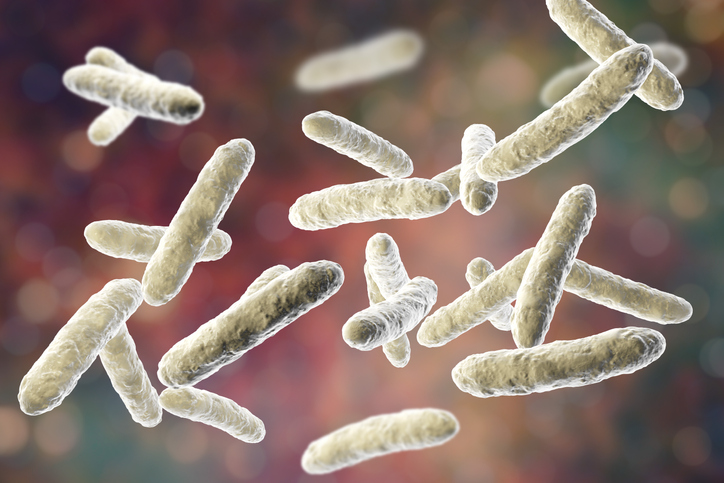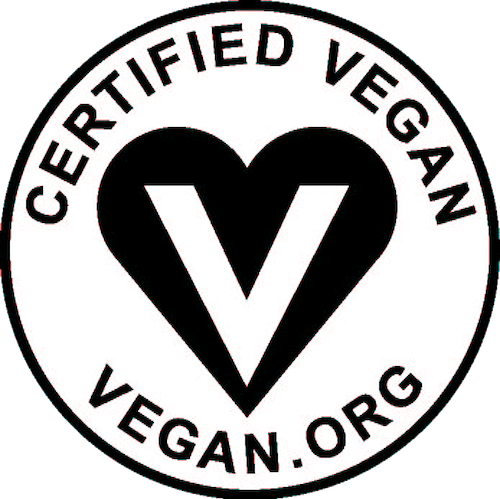What Are They and Is There a Need for Them?
By Dr. Brenda T. Bradley

If you suffer from bloating, autoimmune diseases, chronic fatigue, diarrhea, constipation, brain fog, sleep issues, leaky gut, allergies, weight gain, etc., then, there’s a huge possibility that your gut is toxic. If your gut is not healthy, your system may not be working right, which means, you are not healthy.
Toxins are poisonous chemicals that are capable of causing diseases when introduced into the body tissues. An example would be environmental toxins. These are toxins we accumulate from the environment such as pollution, cigarette smoke, alcohol, medication, etc. Over time they build up in our tissues and cells and when this happens, we begin to feel lousy. What’s more disturbing is the fact that toxins are invisible and are causing great harm to our health and environment. They are found in our air, food, water, and household products. According to board-certified physician, Dr. Joseph Mercola, there are over 84,000 chemicals which are legal for commerce in the United States. In 2011, chemicals accounted for more than $763 billion in revenue.
In a study conducted by the Mount Sinai School of Medicine and funded by the Environmental Working Group (EWG), researchers tested nine adults, who were not exposed or worked in industries that would expose them to such poisonous chemicals. The results were mind-blowing and showed the presence of 167 of the 210 contaminants. Chemicals found in each person were linked to the following serious health problems:
- 76 chemicals linked to cancer
- 94 chemicals toxic to the brain and nervous system
- 86 chemicals that interfere with hormone system
- 79 chemicals associated with birth defects
- 77 chemicals toxic to the immune system that could lead to fibromyalgia, lupus, multiple sclerosis, etc.
Due to environmental toxins, damaged soil, and our compromised food supply, it’s quite obvious that we are all living in a toxic world that can cause havoc on our quality of life. The center of disease begins in the gastrointestinal tract (GI), which is referred to as the gut. If you want to improve your immune system and maintain good health, then you need to consider the daily consumption of probiotics.
Probiotics are small microorganisms that normally reside within the body, and they are considered to be good bacteria that promotes overall health and wellness. In other words, probiotics are “good” bacteria. These microorganisms are available from food sources that are fermented, or you can get them by means of a high quality supplement.
Your intestinal system is home to both good and bad bacteria. The good bacteria (your friend) works to manage certain levels of bad bacteria. When there is the right balance then your immune function and digestive system work correctly. A healthy gut is host to about 3.5 pounds of bacteria. When we eat processed food, sugar, preservatives, chemical exposure, and the use of antibiotics, we can wipe out the good bacteria. When and if the bacterial levels are disrupted, then you may start to experience health problems. If you are experiencing any health problems, especially if the health issues are related to your digestive system or immune function, then you may need probiotics.
There is increasing proof in the favor of beneficial attributes for using probiotics. Some include improvement of intestinal health, cancer prevention, reduction of cholesterol, and the enhancement of the immune system. Probiotics are health-promoting bacteria that replenishes and helps the body digest and absorb food as well as fight off illnesses and disease.
Make sure to buy a trusted brand of probiotics. Look for a product that has high levels of live bacteria, and is designed to make it through the stomach to be released in the colon where probiotics are needed. Some of the cheaper probiotic brands have capsules that dissolve in the stomach acid, which reduces the benefits that you will receive.
I recommend that you try probiotics and see for yourself how beneficial these supplements can be for your health.
Here’s to good gut health!
References
- Articles.mercola.com/sites/articles/archive/2015/06/06/chemical-exposure.aspx#_4dn4
- www.ewg.org/sits/bodyburden1/findings.php
- FAO/WHO: Expert consultation on evaluation of health and nutritional properties of probiotics in food including milk powder with live lactic acid bacteria. 2001
- http:www.who.int/foodsafety/publications/fs_management/probiotics.pdf
Dr. Brenda T. Bradley is a certified health coach, who made the switch to a plant-based diet after struggling with her own health goals and learning about the body and what it needs to perform optimally. Her vegan lifestyle greatly helped her improve her weight, immunity, mood, and overall health, so now she uses her successes to assist and guide her clients toward a better, healthier lifestyle. Dr. Bradley welcomes comments and questions.







About The Author: Vegan Action
More posts by Vegan Action